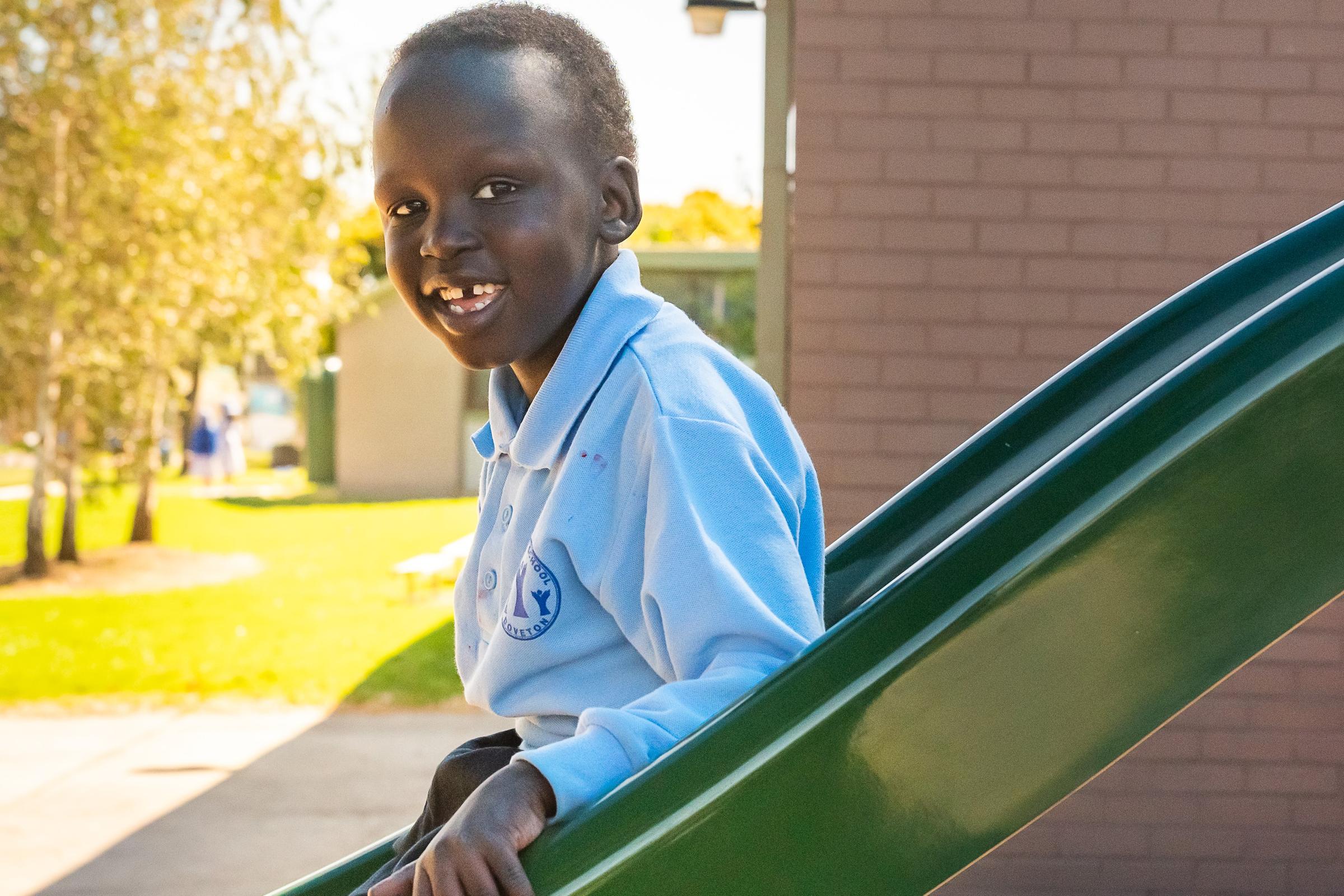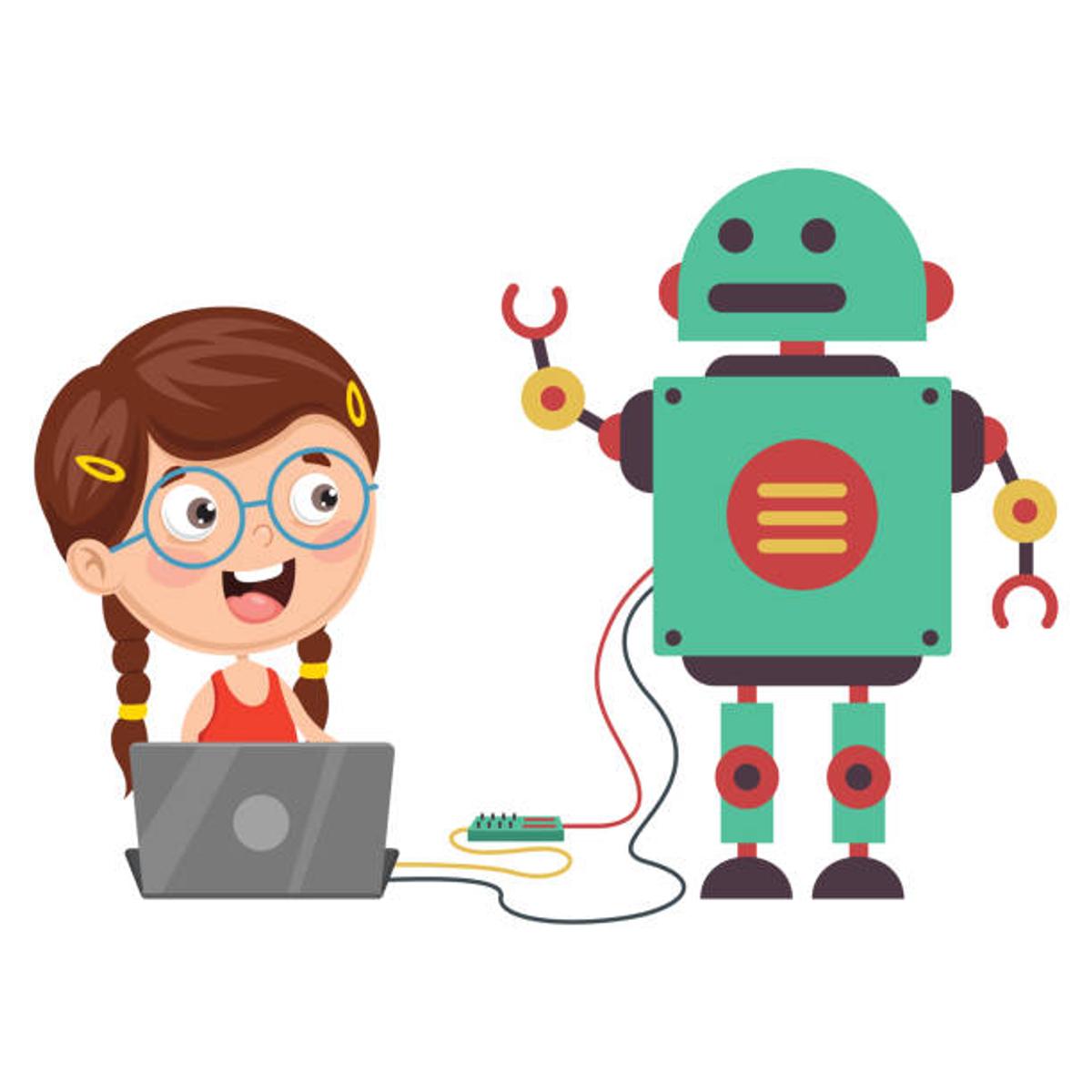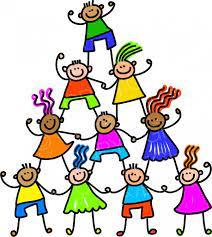Wellbeing
Why after-school activities are benefical for children

Wellbeing
Why after-school activities are benefical for children
With all the new clubs and incentives we have organised this year it made me think about the benefits of after-school activities for children. In the latter years of primary school, I seemed to attend a different activity most afternoons of the week. Netball! Basketball! Tennis! Guides! Eventually, mum jokingly said, I had to choose because "I was having a better social life than her."
However my participation in these activities, both sport and service enabled me to develop new skills and learn the importance of teamwork and collaboration. I developed friendships beyond the children in my one-stream school. And more importantly for me at that time I was having fun!
The Centre for Longitudinal Studies, at University College, London recently completed a study which concluded that primary school children who take part in clubs and organised sports achieve more academically and have better social, emotional and behavioural skills than those who don't.
There are many good reasons why participating in after school clubs and activities can be beneficial to children. Below is five. In our next newsletter, I will include the other four and staff will share a bit about the after school activities they did when they were at primary school.


One: They learn something new
After-school activities can teach children things they might not learn otherwise. From board games to coding, drumming to the choir, clubs give your child the opportunity to learn something new in a secure environment.
Two: Clubs support their school work
After-school activities can support what children learn in school. That’s because if your child is learning something new this can often mean they become more interested in a related school subject. For example, a wildlife club might mean they enjoy science more, or a drama club might help their confidence when presenting to the class.


Three: Their social group expands
Local after-school activities give your child the opportunity to make friends outside their normal peer group. This social interaction can help them grow into a confident young adult by teaching them the value of fair play, turn-taking, openness and friendliness.
Four: They get all-important exercise
Participating in sporting activities is vital for physical and mental health. Fresh air helps too.


Five: They sleep better
A good night’s sleep is priceless: well-rested children are more alert at school, meaning they concentrate better and learn more. Children can feel more relaxed following their after-school activities, especially if it’s a physical club, which will help tire your child out after a day at their desk.
Look out on Facebook at the end of Term 1 for our Year 6's interviewing children about what they enjoy about clubs at school and in the community.
Connie Drossaert
Wellbeing Leader